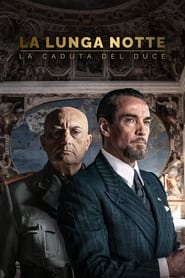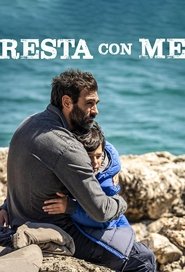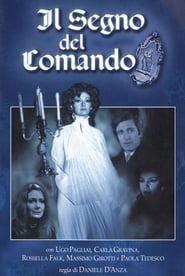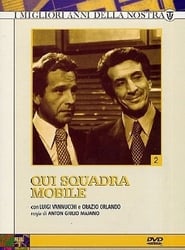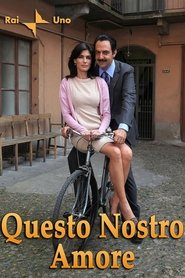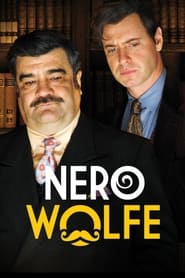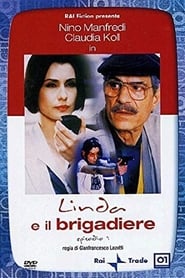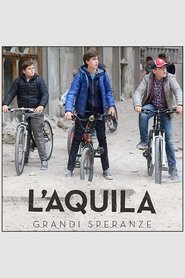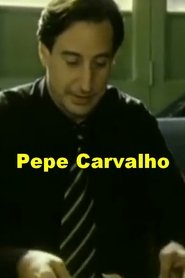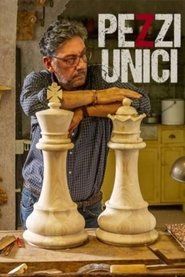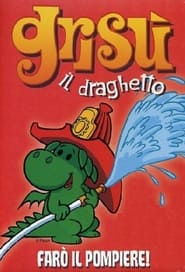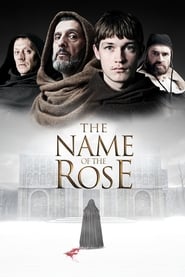Rai 1 TV Series - Page 4
-
Non lasciamoci più
1999
-
Qui squadra mobile
1973
-
Questo Nostro Amore
2012
star 8"questo nostro amore" narrates about the chronicles of the Costa and Strano families, living in Turin, from the '60s to the '80s, going thorugh all the social changes of those years. -
The Swan Company
2019
star 6.3The story of the friendship of seven talented young musicians enrolled at the Giuseppe Verdi Conservatory in Milan contending with the rules and discipline of a very tough conductor who demands the best from them. -
Sirens
2017
star 6.2Sirens of the Mediterranean sea look for the lost last Triton in the city of Naples. -
Nero Wolfe
2012
star 8.3Interesting modern actualization made by Italian broadcasting service (RAI) of immortal, well-known characters created by the genial American novelist Rex Stout. -
Pepe Carvalho
1999
Pepe Carvalho
1999
-
L'allieva
2016
star 7.1Alice is a clumsy and passionate coroner resident. She fights between life and love complexities. Even tough she still has a lot to learn, she has a special quality: empathy with the victims that leads her to have crucial intuition in the cases that she works on. -
Grisù
1975
star 6.6The protagonist of the series is a young dragon named Grisù that, despite being the youngest of a large breed of dragons, the Draconis, dreams of becoming a firefighter. -
Domenica In
1976
Domenica In
1976
-
The Name of the Rose
2019
star 7Northern Italy, 1327. The Franciscan monk William of Baskerville and his young apprentice Adso of Melk reach an isolated Benedictine abbey on the Alps to aid in a dispute between the Franciscan Order and the Avignon papacy. Upon arrival at the abbey, the two find themselves involved in a chain of mysterious deaths.

